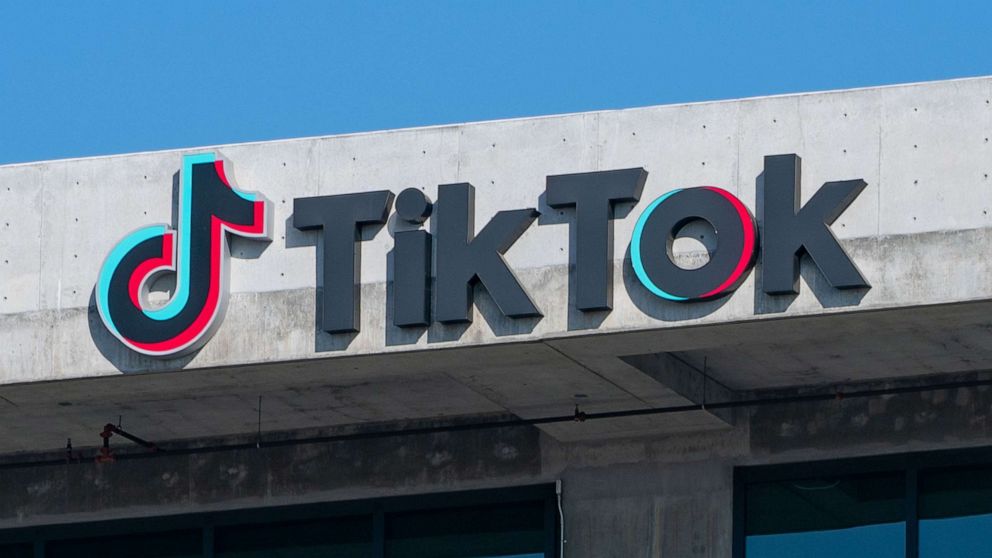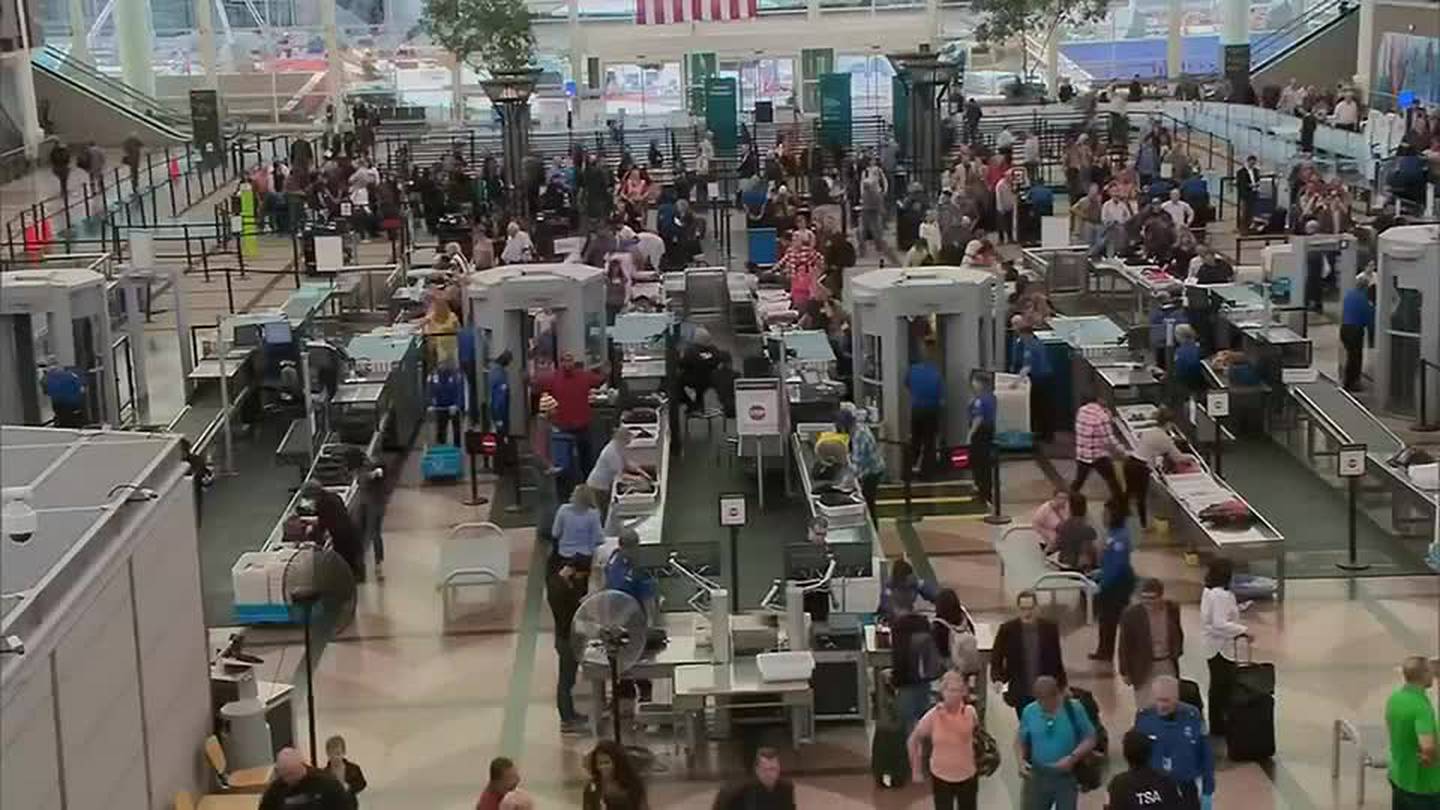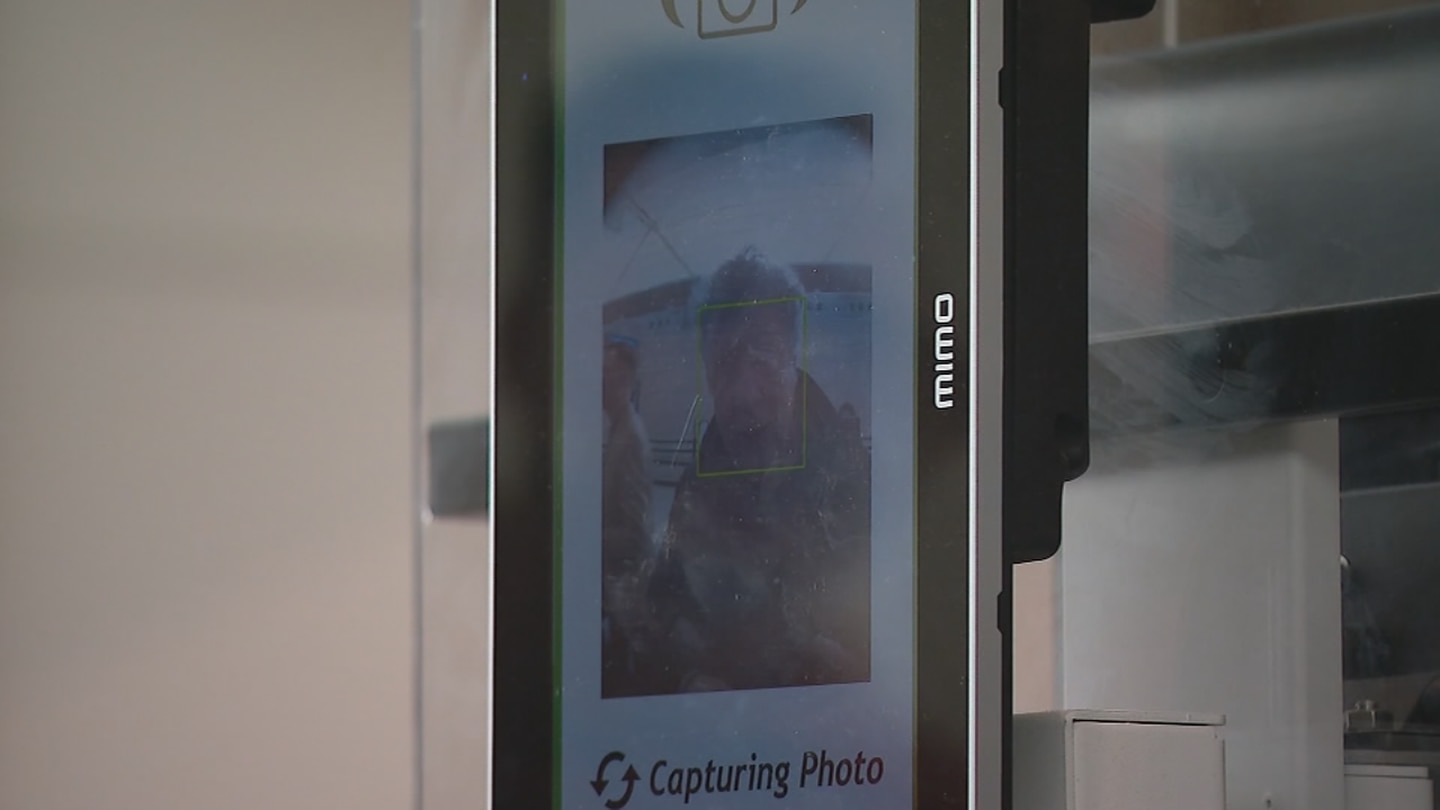Solar panels vulnerable to hackers, concern for network security

Domestic solar panels are vulnerable to hackers who could use them to steal personal information or launch denial of service attacks, the digital watchdog RDI has warned.
The inspectorate for digital infrastructure said vulnerabilities in the inverters, the devices that convert the solar energy stored in the panels into electricity, could also be tapped to power smartphones or laptops.
Inspectors from the RDI tested nine types of inverter from eight manufacturers, none of which met its security standards. Five had the potential to cause disruption to the electricity network.
The number of solar panel installations has grown rapidly in recent years from 1.8 million in 2015 to 16.3 million in 2021.
John Derksen, head of equipment at the RDI, said solar panel systems were too easy to hack via an internet connection and urged manufacturers to improve their security.
He said the findings were a wake-up call for the industry, which will be legally required to meet the RDI’s cybersecurity standards from August next year.
Inspectors are concerned that recent geopolitical events such as the invasion of Ukraine by Russia have made attacks on western infrastructure more likely.
Derksen also said householders needed to be more aware of the warning signs so they could alert inspectors if their devices started behaving unusually.
“Even the aviation and shipping industries can experience disruption because of this,” he told NOS Radio 1 Journaal. “The average citizen has little or know knowledge of radio frequencies.
“They might notice strange things going on with their wireless devices and connections, such as bad wifi, but don’t connect it to solar panels, so we at the RDI aren’t informed about it.”
Thank you for donating to DutchNews.nl.
We could not provide the Dutch News service, and keep it free of charge, without the generous support of our readers. Your donations allow us to report on issues you tell us matter, and provide you with a summary of the most important Dutch news each day.



